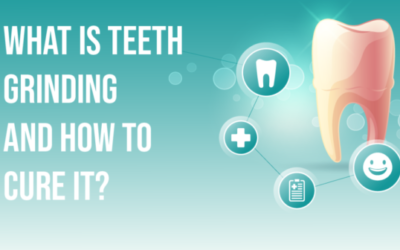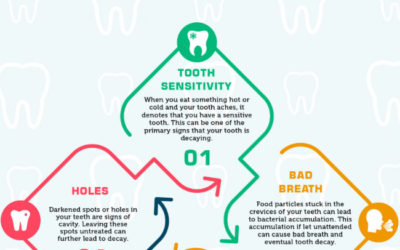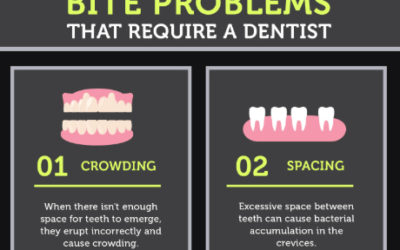
If you are thinking is chewing gum good for your dental health, you must understand that it’s the type of chewing gum that matters. There are chewing gums that contain sugars and acids that trigger the chances of cavities and decays. Most individuals, especially parents think that chewing gums are as bad as candies and chocolates and have the same effects. But the surprising truth is that sugar-free gums are proven to be beneficial for dental health. Let us look at the benefits of chewing a gum for dental health.
Helps to Clean Teeth
Chewing a gum for about 15-20 minutes increases the rate of saliva production and flow in your mouth. Saliva flushes and rinses off the harmful bacteria and food particles stuck between the teeth and on the surfaces. Saliva also neutralizes the acid in your mouth and prevents enamel erosion, cavities, and decays caused because of the harmful acids. Many dentists advise chewing sugar-free chewing gum after meals to cleanse the mouth.
Some Gums Harden Tooth Enamel
Tooth enamel can erode due to regular and continuous consumption of acidic foods and beverages, intense brushing, teeth grinding, dry mouth, etc. Many sugar-free chewing gums contain casein phosphopeptide-amorphous calcium phosphate (CPP-ACP), also known as Recaldent. This compound reduces the risk of cavities and decays and also remineralizes your teeth. On simple words, this compound helps in restoring and hardening the tooth enamel, making your teeth stronger.
Special Gums Whiten Teeth
There are several sugar-free chewing gums in the market that claim to have whitening properties. It is nearly impossible for any chewing gum to lighten the natural color of your teeth. But, these whitening chewing gums reduce teeth staining due to smoking, drinking coffee, red wine, and colored beverages, and eating brightly colored foods.
Reduces Harmful Bacteria
Chewing gums are more effective if they contain a sugar replacement called xylitol. Xylitol is a naturally occurring sweetener that can reduce the amount and growth of bacteria that cause cavities, decays, and bad breath in your mouth. It adds a sweet flavor to the chewing gum but doesn’t feed the bacteria, unlike other sugar-laden gums.
Not an Oral Hygiene Replacement
Chewing a gum is only an additional supplement to cleanse your teeth, gums, and mouth. But, it isn’t a replacement option for brushing, flossing, or using mouthwash. Chewing gums cannot provide complete oral hygiene. Hence, you have to continue brushing and flossing regularly. Chewing a gum is optional for maintaining oral hygiene.
Is Chewing A Gum Good?
Although chewing sugar-free gum can be beneficial for most people and in most instances, it is not recommended to a few people. Some people not recommended to chew a gum are:
-
People with jaw pain
-
People with periodontal diseases, and temporomandibular disorder
-
Children under the age of 7
-
Gums that contain glycerin is not suitable for vegetarians
-
People with braces and dentures
To know which chewing gum is right for you, talk to our Edmonton Downtown Dentists.


